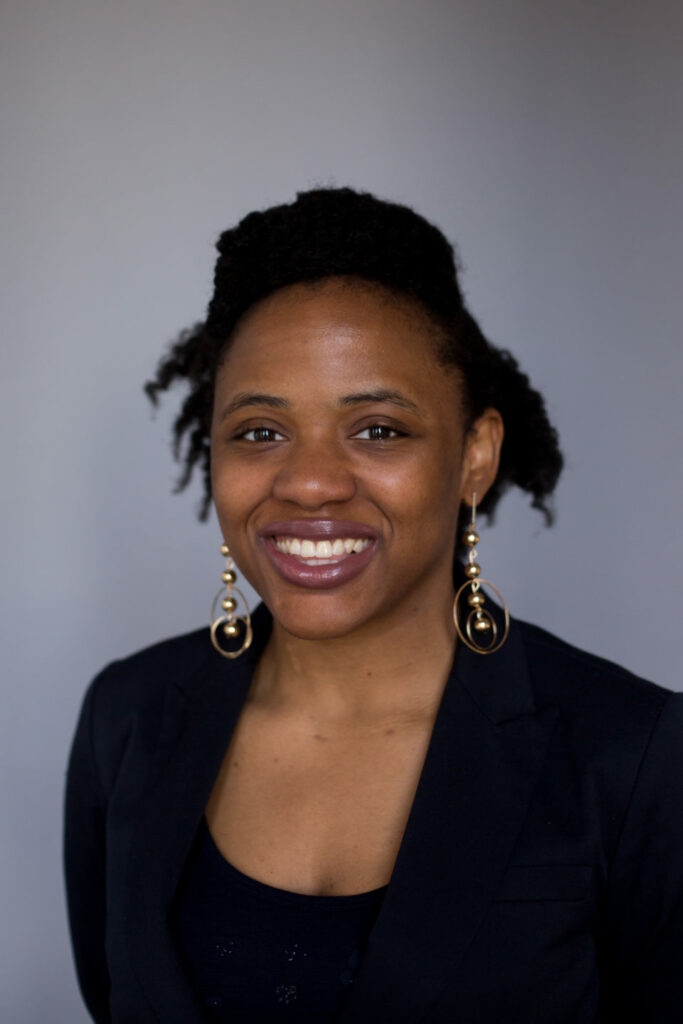MATILDE DAVIS | March 14, 2018
If you rob Peter to pay Paul, do you have enough to pay Phil, Perry, and Pierce too? The perils of bankruptcy go beyond simple finances.

Bankruptcy: It’s a word that frightens most people. For starters, what do all of those numbers mean: Chapter 7, Chapter 11, Chapter 13? And who actually files for bankruptcy, other than big corporations being talked about on the nightly news?
So, let’s begin with a few hypotheticals:
Cari has $20,000 in medical debt. She owes $10,000 for a car loan and other various amounts in credit card debt. She had a stroke a year ago while looking for a job, so Cari did not have any insurance to cover her medical bills. The stroke caused permanent physical damage which has limited her mobility and kept her from returning to work. Prior to the stroke, she was able to keep up with her bills, but now she needs help. She wants to file for bankruptcy.
Trey cosigned on a loan for a friend three years ago. The friend got behind on the payments, and the creditors are coming after both Trey and his friend for the debt. He had previously cosigned a car loan for a different friend. After that car was repossessed, the friend filed for bankruptcy. Now the creditors are solely coming after Trey – not his friend – for the $15,000 owed on the car. Trey needs help; he wants to file for bankruptcy.
Mary Katherine has over $50,000 in credit card debt which is spread out over 7 credit cards – 6 of them are with various department stores. She also has two repossessions on her credit report. Three months ago, she bought a new car with a 20% interest rate. Mary Katherine says she needs a car to go to and from work every day. She was recently served with a lawsuit for one of his credit cards that he has not made a payment on in over 6 months. Mary Katherine doesn’t have the money to cover her debts; she needs help. She wants to file for bankruptcy.
Which story were you most sympathetic to? Was it Cari’s?
Did you want to start a GoFundMe account to help her? Are you racking your brain trying to think of other solutions besides filing for bankruptcy?

The $20,000 of debt, the numerous credit cards, and the multiple repossessions are not the most important words in the stories listed above. The most important words in these stories – and all of our clients’ stories – are the “need” and the “help”.
What about Trey? Did you feel a little less sympathetic? Maybe you thought that his situation was kind of his own fault. After all, he did cosign on multiple loans. Perhaps the inner therapist in you wanted to give him a lecture about choosing better friends.
And Mary Katherine? Did your sympathy go completely out the window? Six department store credit cards! Who needs that many clothes?! Also, why buy a new car with that high of an interest rate? Buy a used car instead or start riding the bus!
Would you change your mind if you knew that Mary Katherine never learned how to manage finances?
Would you feel better if you knew that she is a single mother of 5 and most of her credit card debt came from purchasing clothes and other needed items for her children?
Often when people initially call Atlanta Volunteer Lawyers Foundation to receive help filing for bankruptcy, we do not always get the story behind the story. We primarily hear about the debt. When you read stories like the ones above that do not include the sympathetic anecdotes, the words irresponsible, careless, and untrustworthy may come to mind. The fear of being judged and the stigma surrounding bankruptcy are a few reasons why many are hesitant about filing despite having no other options.
Clients have said to me that they feel ashamed or felt like they failed. Some feel a need to explain themselves before I even ask them a question: “I am not a thief. I usually try to pay back all of my debts.” “I was doing okay until…” “You must understand that I am not a person who steals from other people.”

Some clients feel a need to explain themselves before I even ask them a question: “I am not a thief. I usually try to pay back all of my debts.” “I was doing okay until…” “You must understand that I am not a person who steals from other people.”
To lose control over your finances – and admit that you are struggling to live – is a hard truth for anyone to handle. Prior to filing for bankruptcy, people often try to stay afloat by paying rent and other necessities with credit cards or taking out payday loans. “Robbing Peter to pay Paul” is how numerous people have described to me the cycle of attempting to make ends meet by accumulating more debt. They eventually get to a point where the debt is insurmountable, the minimum payment is no longer affordable, and living credit card to credit card becomes an unbearable way to live. For these individuals, bankruptcy is the last resort.
In everyday life and especially in the legal field, it is easy to place people asking for help into categories: people worthy of sympathy and those who are culpable. I am lucky to work at an organization where these categories do not matter, where the reason why a person decides to file for bankruptcy is not the most significant part of their story. At AVLF, we also understand that bankruptcy is not a simple, singular fix, which is why we provide clients with referrals for credit advisors, financial managers, and counseling services.
The $20,000 of debt, the numerous credit cards, and the multiple repossessions are not the most important words in the stories listed above. The most important words in these stories – and all of our clients’ stories – are the “need” and the “help.”
AVLF is here to help our fellow Atlantans who are in need. We are not here to pass judgment or to add stress to an already stressful situation. We are here to serve the Atlanta community.
AVLF thanks their partners in the Bankruptcy Program: Clark and Washington, King and King Attorneys, and Georgia State University Law School.
Are you a financial wiz, a certified counselor, or someone who wants to volunteer for this crucial program? Contact Volunteer Engagement Manager Matilde Davis. We would love to have your support.

Matilde Davis
Volunteer Engagement Manager
Check out more from this author.
Matilde Davis is the Volunteer Engagement Manager for AVLF’s Safe and Stable Homes Project.
Originally from Gary, Indiana, Matilde moved to Atlanta to attend Emory University. She received her B.A. in African American Studies and Women Studies in 2009. After graduation, Matilde worked for five years with an asset management company that sells and maintains the integrity of government-owned properties. She is passionate about helping her community while working for a great organization. In her free time, Matilde likes to kickbox, read, and bake healthy treats.